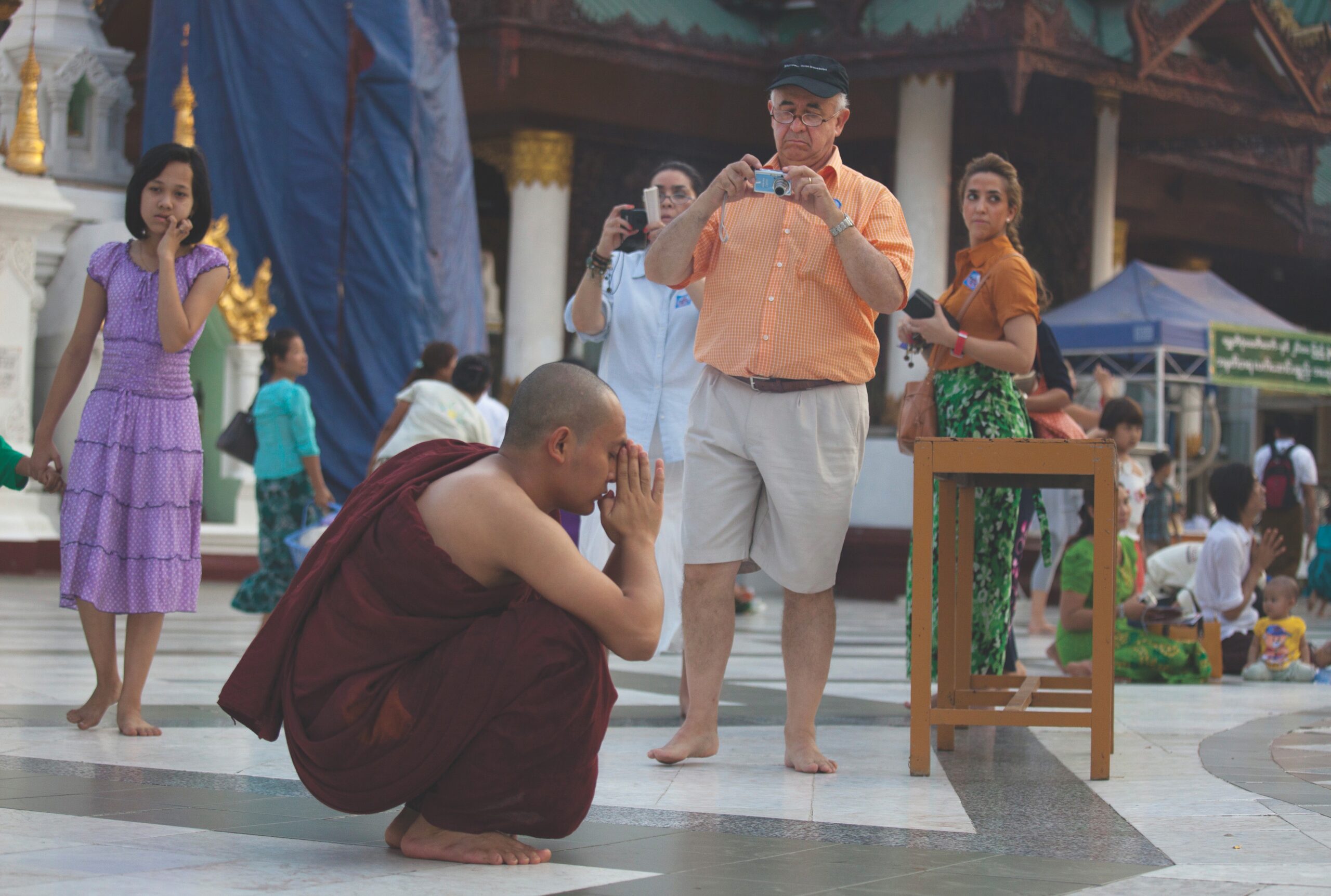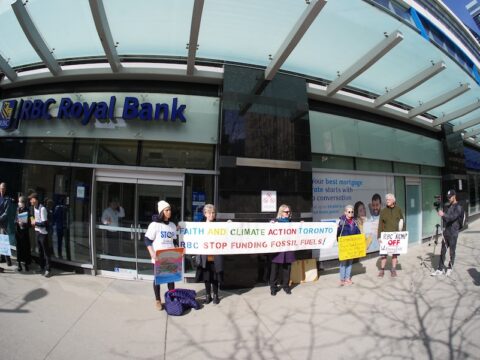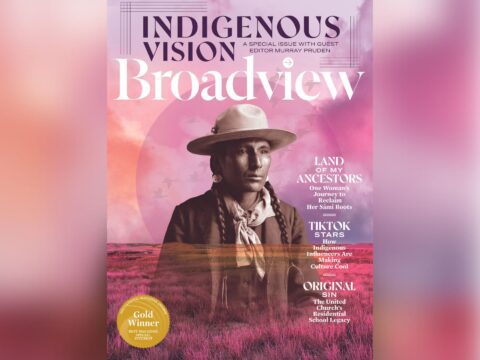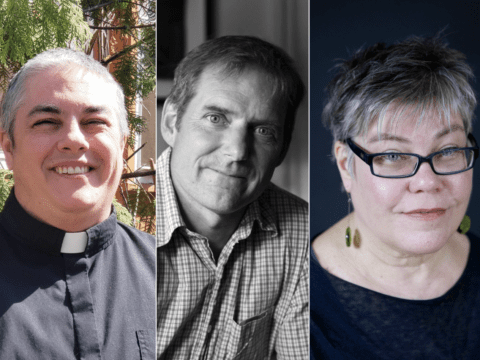Min Min still remembers the day — June 4, 1990 — that everything changed for him and his family. It was right at the beginning of the rainy season in Bagan, Burma, one of the world’s most magnificent architectural wonders. Here, 11 Burmese kings erected more than 13,000 temples and pagodas between the 11th and 13th centuries. Some 3,000 of these remain, and Min Min and his family, like generations before them, lived among these beautiful, crumbling buildings. But on June 4, Burma’s ruling military dictatorship forcibly removed these families — thousands of people — to a place it had optimistically named New Bagan.
“It was very terrible, very difficult at first. The land the government gave us was just an open field, nothing more — there was no water supply, no electricity, nothing,” says Min Min (his surname omitted as speaking to the media can lead to arrest). Some people left their meagre belongings in a dry riverbed and went to sleep for the night. They awoke to a torrent, the first rains of the season pounding down on them and washing away what little they had. And even once they’d settled, Min Min remembers, things didn’t get much better. “I’d lie awake and listen to people shouting out their miseries into the night.”
You may unsubscribe from any of our newsletters at any time.
The government, he says, stated the people had to be transplanted to preserve the temples. But in the months and years that followed, the ruling generals’ cronies built hotels and restaurants in place of their former homes, and a gaudy lookout tower right in the heart of the historic zone that, Min Min says, has ruined some of the authenticity of the place and served as a stumbling block to UNESCO World Heritage Site certification. “It wouldn’t have been so bad if they had really moved us to preserve things,” he says. “But they did it to build all those hotels. We suffered so much.”
Travel to a place like Burma presents serious challenges to the conscientious tourist. Like many other attractive destinations — safaris in corruption-plagued Zimbabwe, trekking in parts of the Middle East that fail to protect women’s rights, or travel to China or Venezuela, where individual freedoms are often suppressed — Burma presents dichotomies at every turn. On the one hand, engagement can be a positive thing, but on the other, should you spend your vacation in a country that thwarts the democratic principles we value and enjoy as Canadians?
Jim Hodgson, The United Church of Canada’s regional program co-ordinator for Latin America and the Caribbean, advises travellers to be very careful about their choices and the purpose of their visit. He travelled through Communist Eastern Europe and the Soviet Union in the late 1970s and early 1980s, as well as Haiti under the notorious Jean-Claude Duvalier dictatorship. Based on these experiences and his continued travels to places like Honduras and Colombia, Hodgson notes that “deep engagement” should be your foremost goal.
“If you just use the beaches, drink the beer and ignore the people? No, that has no value,” he says. “But there is always value in deeper engagement with another culture or country, in getting to know people and the ways they understand themselves in the world.” He notes that his earlier travels formed the basis of his lifelong commitment to peace and justice — something that really can’t be acquired through package holidays.
Gary Kenny, the United Church program co-ordinator for emergency response and international development, says that tourists should try to spend their cash at local hotels, markets and restaurants rather than their chain or five-star counterparts. And Hodgson adds that travelling independently (or with a local organization) channels funds to small operators while providing a better, up-close experience with the people.
Robin Brooks of Kensington Tours, one of the main tour companies operating in Burma, says discerning travellers should ensure that their tour operator pays its guides a living wage and seeks to give back through charitable projects — both of which Kensington does. And she agrees that engagement is definitely the best path. “The eyes of the world help support and push conservation efforts, as well as connect internal aid organizations with global networks and funders,” she observes. “Tourism opens borders to new ideas and puts an international spotlight on internal concerns. All this has positive reverberations over time.”
Burma, also known as Myanmar, is currently one of the world’s hottest tourism destinations. Locked for decades in the grip of an often-ruthless junta, the country has opened up considerably since the Saffron Revolution of 2007. The government has installed a civilian president, eased Internet and phone restrictions, and lifted prohibitions on interacting with foreigners. At the same time, visas have become easier to obtain, tourist areas have experienced a building boom and tourism has surged to previously unimaginable levels, as visitors pour into this vast nation of 55 million that was, for so long, off limits to most westerners.
In this devoutly Buddhist country, I watched nuns in vivid pink cloaks walk barefoot, in long lines, collecting their morning alms from residents and business owners. I visited with saffron-clad monks at the monastery in Pakkoku where the Saffron Revolution started. I returned the smiles and waves of the hundreds who, for centuries, have lived in villages of stilted homes in the middle of the remarkable Inle Lake, where people paddle their boats with their feet while they fish with their hands, and farmers weed plots of tomatoes that somehow float atop the water. I took in the difficult sight of children toiling, gutting big ugly fish early in the morning in Yangon’s bustling riverside market, and saw long queues of weary people who had stood all night to buy a mobile phone.
But even as it opens up, Burma’s problems are ongoing. In a country that’s overwhelmingly Buddhist, its Muslim minority — an estimated four percent of the population — continues to experience discrimination and violence. Since 2012, Muslims have faced attacks by Buddhist extremists, leaving over 280 people dead and more than 100,000 uprooted from their homes. After a recent attack in January that killed at least 48 Muslims, according to a United Nations investigation, the government repeatedly denied that the massacre took place.
As I travelled through Burma, I took Hodgson and Kenny’s advice — I asked questions and sought to learn. I volunteered, serving up curry and rice to young novices, all orphans, at a charitable Buddhist school. I shopped at bustling village markets, eating local food in sweaty restaurants and small food stalls, at one point even downing a roasted cricket. I purchased hand-drawn postcards — colourful pictures of flowers and temples, set in flimsy plastic sheaths — from the small children who surrounded me in Bagan.
The general manager of one of the capital’s hotels tells me it can be difficult to untangle business and government in a country like Burma. But visitors can inquire about a hotel’s ownership before agreeing to stay there. And as more people visit, he says, the government is held to a higher standard in providing for the basic needs of its people. Furthermore, the influx of spending has considerably raised the standard of living across the country. The past two years, he observes, have brought about more change than the whole of the last half-century spent in isolation.
And indeed, Min Min tells me he earned an unprecedented income this year, working for weeks without a day off during the high season. Despite the wretched actions of the government in the past, he still enthusiastically encourages Canadians to come and visit. While all the best hotels in Bagan belong to corrupt elites, most of the other stuff doesn’t. “It’s hard to escape the cronies, but people can hire local guides, buy from local artisans, give the money directly to the people,” he says. “Yes, people should still come here. There’s so much to see, and it’s still unspoiled. We have a beautiful country.”
***
This story first appeared in The United Church Observer’s April 2014 issue with the title “Destination: dilemma.”












